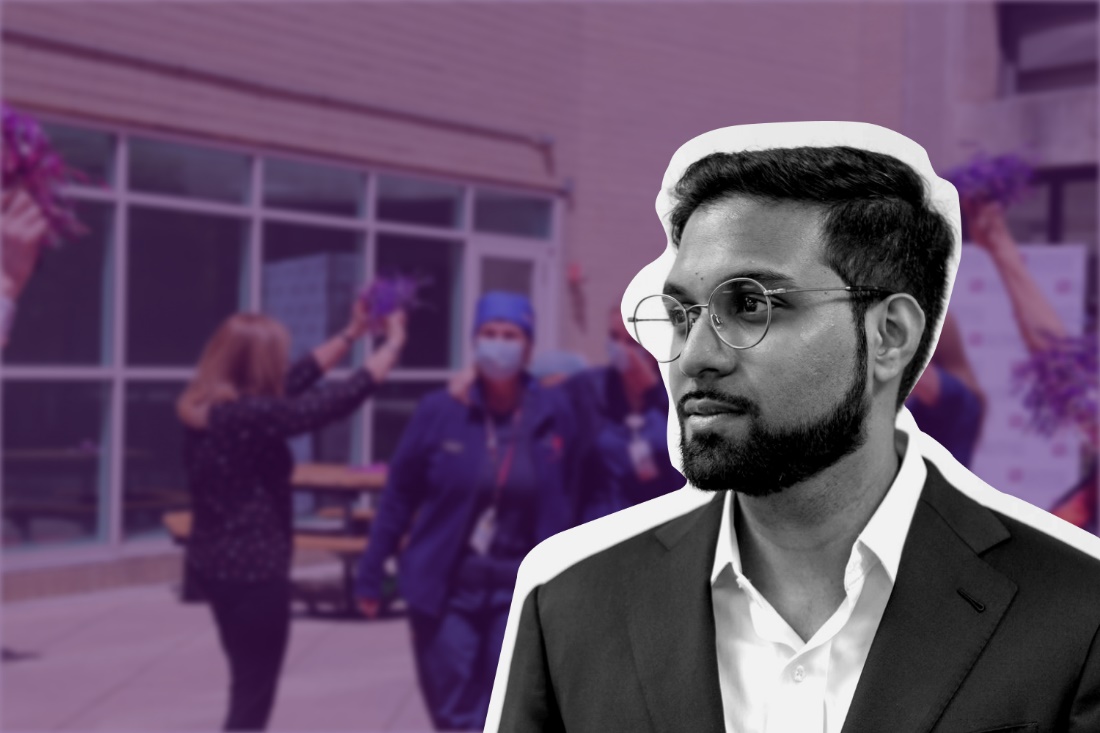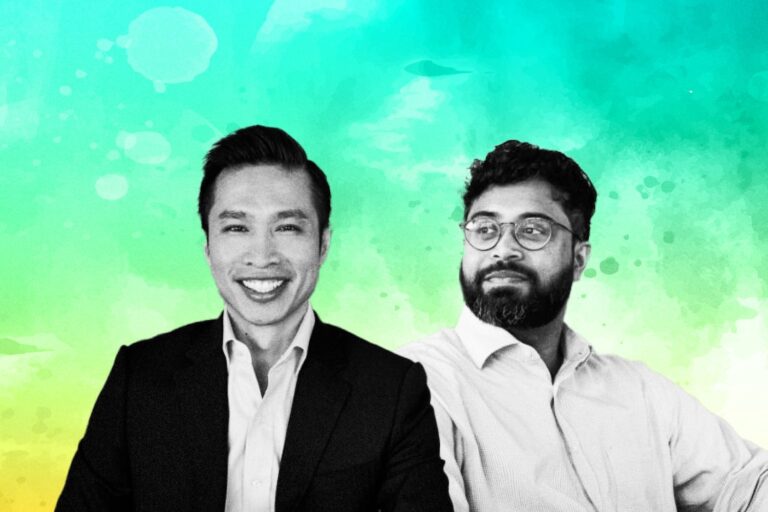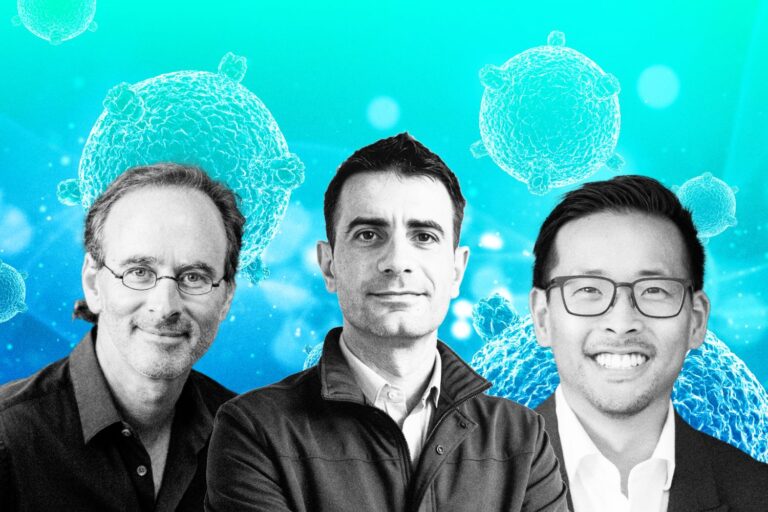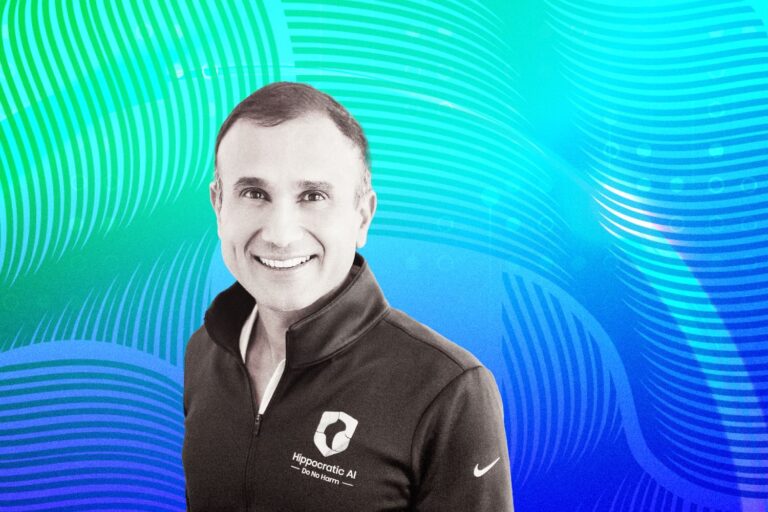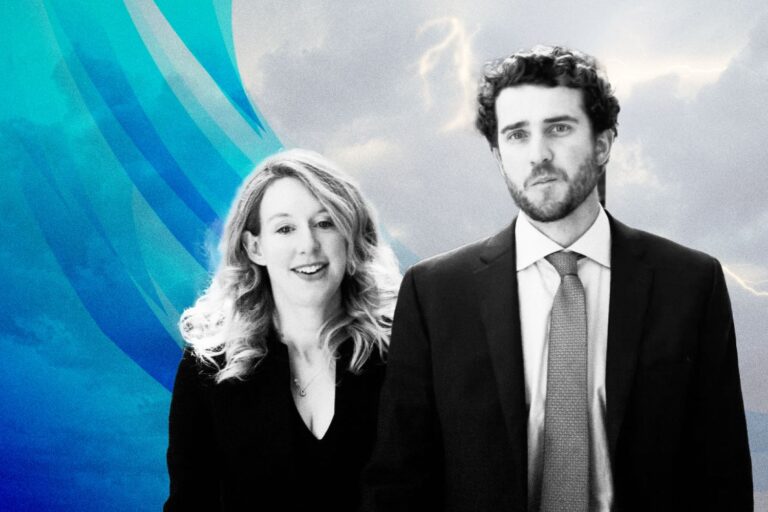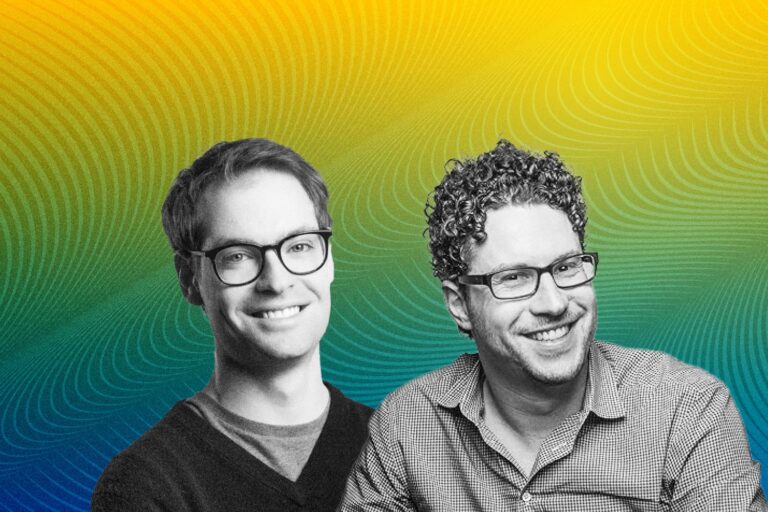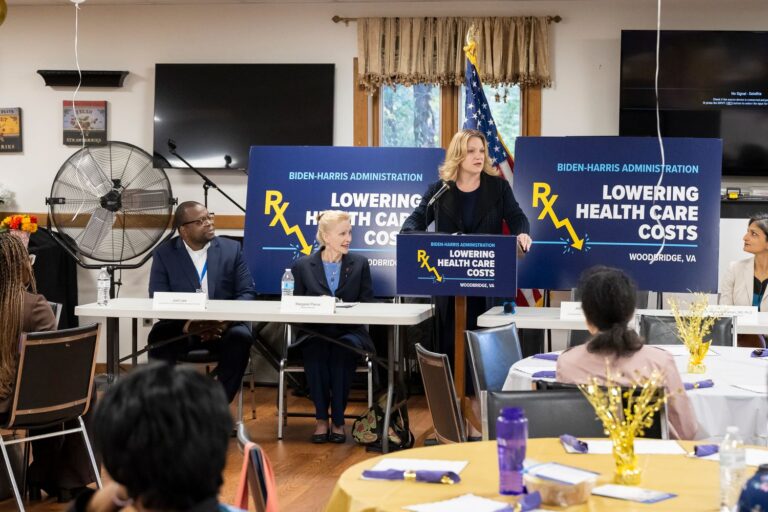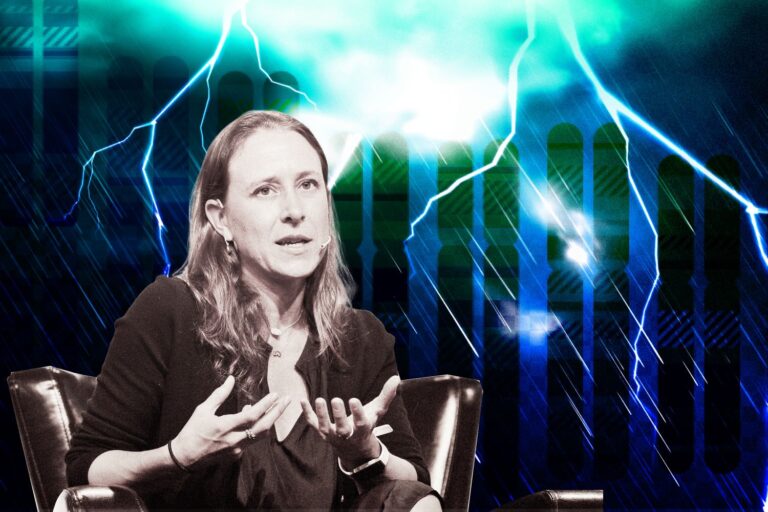AKASA in Healthtech: Uncover a New Approach Called Unified Automation
Founded in 2018, AKASA pioneered a new approach called Unified Automation. Based on AI and machine learning, the company provides hospitals and health care systems with a single solution to improve the efficiency, accuracy, and scalability of healthcare operations. As the medical industry advances to help streamline operations for the business function of healthcare, AKASA believes it’s time to change what automation means in medical coding.
Malinka Walaliyadde, the Co-founder & CEO of AKASA, is a brilliant driver of this technology. He co-founded AKASA on a mission to remedy the financial complexity crippling America. Under his leadership, the company has gained its success as a young company with a new approach. Let’s discover how he has driven AKASA from its early days to today.
Inspiration Fueling the Company’s Origin Story
Prior to starting AKASA, Walaliyadde was a partner at a venture capital firm based out of Silicon Valley in California. It’s him who helped the firm start its health care investment team that’s now grown into one of the largest investment teams there. During that time, he invested in and evaluated a lot of great health care companies, working on many investments across about 20 health care companies from new providers, payers, biotech companies, to health technology companies. However, when it comes to commercializing and plugging into the financial infrastructure of healthcare, it was very difficult, and Walaliyadde saw it happen time and time again.
Through that experience, Walaliyadde recognized the fundamental challenges that exist in the financial infrastructure of healthcare. Also, he realized that there were innovative ways to apply modern AI and machine learning approaches to make those operational challenges fundamentally easier and resolve some of the problems that exist in the financial infrastructure culture. At the time, no one was solving systemic issues in healthcare with modern technology approaches. There was really a lack of new technology in the industry. It became more than clear to Walaliyadde that he could do something.
“My co-founders and I looked at this issue as a team of complementary experts: individuals with health care expertise and with PhDs in AI and ML. We understood that the constant change in the revenue cycle and other core health care operations required a dynamic, comprehensive approach to address the inherent inefficiencies. The patchwork of currently available solutions could never accomplish that. We knew we had our foundational concept for a startup,” Walaliyadde said.
According to him, the traditional hurdles healthcare organizations have faced include how to manage an efficient operational back end and how to provide a positive patient financial experience, while also navigating an overly complex reimbursement environment. The complexity of America’s health care reimbursement drives up hidden costs that affect what every consumer pays and erodes the trust people have in the healthcare system. In his opinion, it was a massive and deeply embedded problem and AKASA’s mission is to fix it with Unified Automation, a flexible AI-based solution that operates within a health care system’s existing electronic health record (EHR) and revenue cycle infrastructure.
To Walaliyadde, other challenges in healthcare this solution can help address are the trials and tribulations that have emerged due to the pandemic. During these unprecedented years, health systems across America have seen significant decreases in the number of elective procedures and patient volumes. For that reason, healthcare leaders must be prepared with the right amount of staffing and resources to accommodate this unpredictability. Automation should be core to every health system.
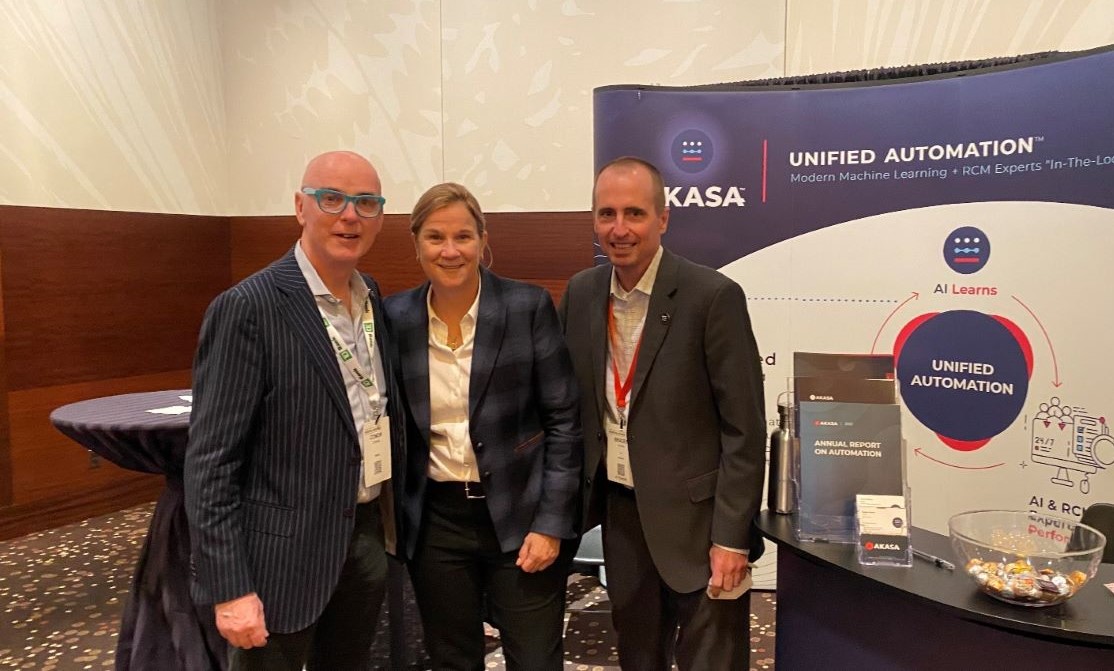
Core Principles behind the Company Culture
After recognizing the lack of technology innovation in the revenue cycle as the systemic obstacle for every single organization operating within the national healthcare system, Walaliyadde and the co-founders started testing their perspectives with a multitude of health systems, which validated their thinking and ultimately led to the foundation for their company. From the very beginning of its inception, AKASA has fostered a strong company culture with a number of important core values and cultural practices.
First and foremost, the company values doing what’s right over doing what’s easy. “At AKASA we are taking a very mindful approach to build a culture that is flexible, diverse, and inclusive. We give our employees autonomy to manage their time while delivering the best possible experience for our customers,” Walaliyadde said. “Approximately half of our company worked remotely before the pandemic so we made the transition to sheltering in place quite smoothly as it wasn’t really a change in how we work for many of us.”
AKASA has unlimited paid time off and it believes employees at every level should have discretion over their own time. Remote work with flexible hours makes the company an employer of choice for engineers as well as anyone. One of the best parts of working at an early-stage company is the opportunity to inform and shape the company’s technology, products, and culture – to be part of building something lasting. The funding will provide our employees with the tools and resources they need to help us build an iconic and enduring company.
The company has a couple of values that serve as a foundation for its approach to product development as well. In particular, it designs from first principles and constantly looks for ways to deliver outsized value while maintaining the highest of security and customer service standards. Across the company, every employee commits to providing direct, frequent feedback and receiving that feedback through a lens of personal growth. At AKASA, every day seems to be an opportunity to learn, to do better, and to be better.
Challenges Go with Accomplishments
Walaliyadde had never been to America before going to college and he didn’t know a single person here. One of his primary early apprehensions about starting AKASA was attributable to the incredibly complex process of starting a business as an immigrant in America. As an individual and as a leader, that complexity and uncertainty really challenged his risk tolerance. In those early days, he found it very difficult to build a network and understand how things work in this country without any knowledge base.
“That personal experience gave me a framework for how to think about starting from scratch and developing a meaningful path forward in the face of uncertainty, ambiguity, and risk. It serves me well even now as the company is growing. We’re doing a lot of things that have never been done before. As a result, I’ve built a mental resilience to deal with uncertainty and still make the best possible decisions. That was extremely helpful training early in my life,” Walaliyadde shared.
He attributes AKASA’s rapid growth to his incredible team and the invaluable mentors he had when starting the company. For the time being, he’s actively trying to pay it forward by helping other early-stage founders. By the time AKASA grows and develops, the leaders found the company’s primary challenge is that payers and providers don’t trust each other, which causes friction in the system and unnecessary spending, some of which is passed down to the patient. More than the cost, the biggest impact is on the experience for the patient, leading to an erosion of trust that the healthcare system will serve them well.
Thanks to technology, the company can automate the process so that the work is done correctly and faster. “I’m incredibly proud of the talented and uniquely bilingual team that we’ve built. Our machine learning experts deeply understand health care operations and revenue cycle concepts; they talk about CPT codes in their daily conversations. And, on the other side, we have health care operations experts on our team talking about core machine learning concepts like training datasets and test datasets,” Walaliyadde said.
These pairings are unusual and incredibly powerful when building transformational healthcare technology. The company has recruited the best of both worlds while maintaining a healthy degree of respect between them. According to Walaliyadde, a company usually becomes biased toward the healthcare side or the tech side with the opposite team feeling like they don’t have an equal presence at the table. In business reality, he saw numerous companies struggle with creating that balance.
“Building a balanced team of both technology and healthcare experience from the beginning is crucial,” he stated. “If you start with only one side, it’s hard to bring in the other side later and have that group play an equal role. Your company, your product, and your people will ultimately suffer. As a VC, they indexed on the tech side and then brought health care teams in as an afterthought. To succeed, you have to bring the right people and teams in from the start. That balance is what allows you to build best-in-class products that are an order of magnitude better than what already existed.”
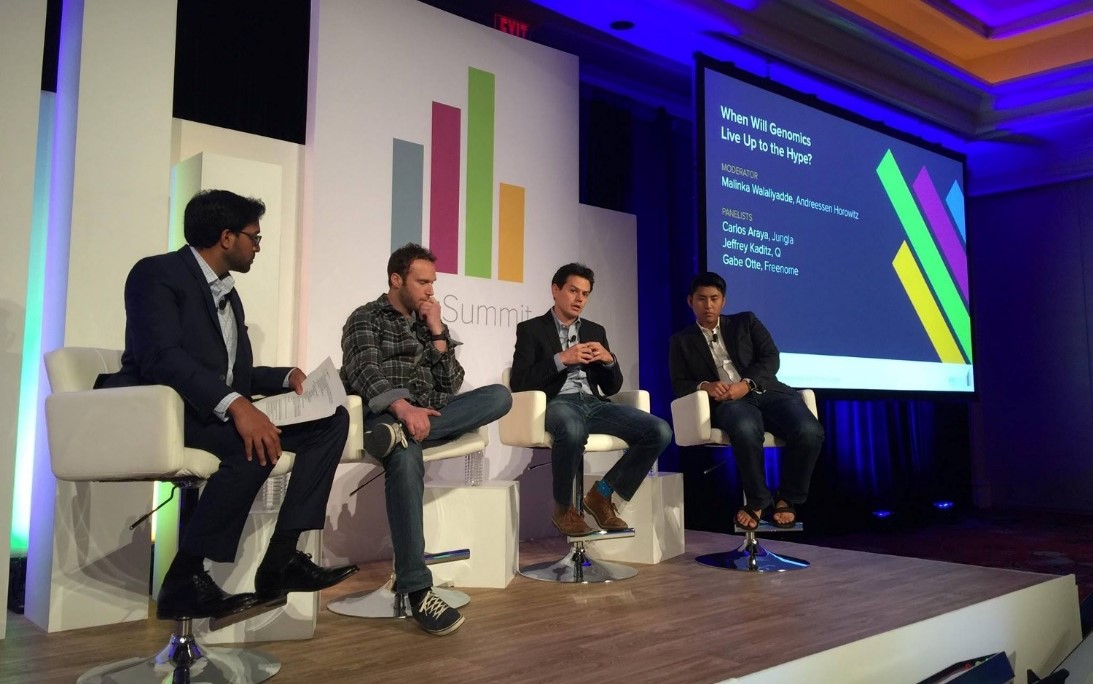
Encourage and Accelerate Innovation
“For generations, we have advanced the standard of care in the U.S. based on the rigor of peer-reviewed research. But when adopting new technology on the administrative side of health care, we often don’t evaluate that technology with the same level of rigor. I think that’s part of why the U.S. has the best health care in the world, but not the best health care system. I think we should hold ourselves to equally high standards when evaluating innovation on both the clinical and administrative sides of health care,” Walaliyadde said.
As he suggested, one of the key ways to do that is to really dig into two pieces. The first one is to research existing work that they’ve done with other customers to understand through references how well is this product actually working, not just initially, but over the long term. People frequently focus too much on the initial month or two of deployment rather than considering how easy it will be to properly maintain and support that automation or AI in the long run and continue to give excellent outcomes.
And what many have discovered, particularly in the field of automation, is that maintaining automation after the first implementation may be pretty costly. Thinking about the long-term total cost of ownership is critical. And then the second thing is if you really want to dig into how fundamentally advanced or different the technology is, it’s also helpful to see if the team has published any sort of academic peer-reviewed papers that demonstrate and validate that technology. Those are both areas that Walaliyadde would recommend folks dig into.
“What I’d say is what we have truly developed from a technology perspective is the best expert-in-the-loop automation system in the market,” he said. “If you look at the scope of automation, the scope of tasks that have been automated over the last couple of years, it has been primarily for relatively straightforward tasks which are low complexity, and which are relatively easy to automate without including a human in the loop.”
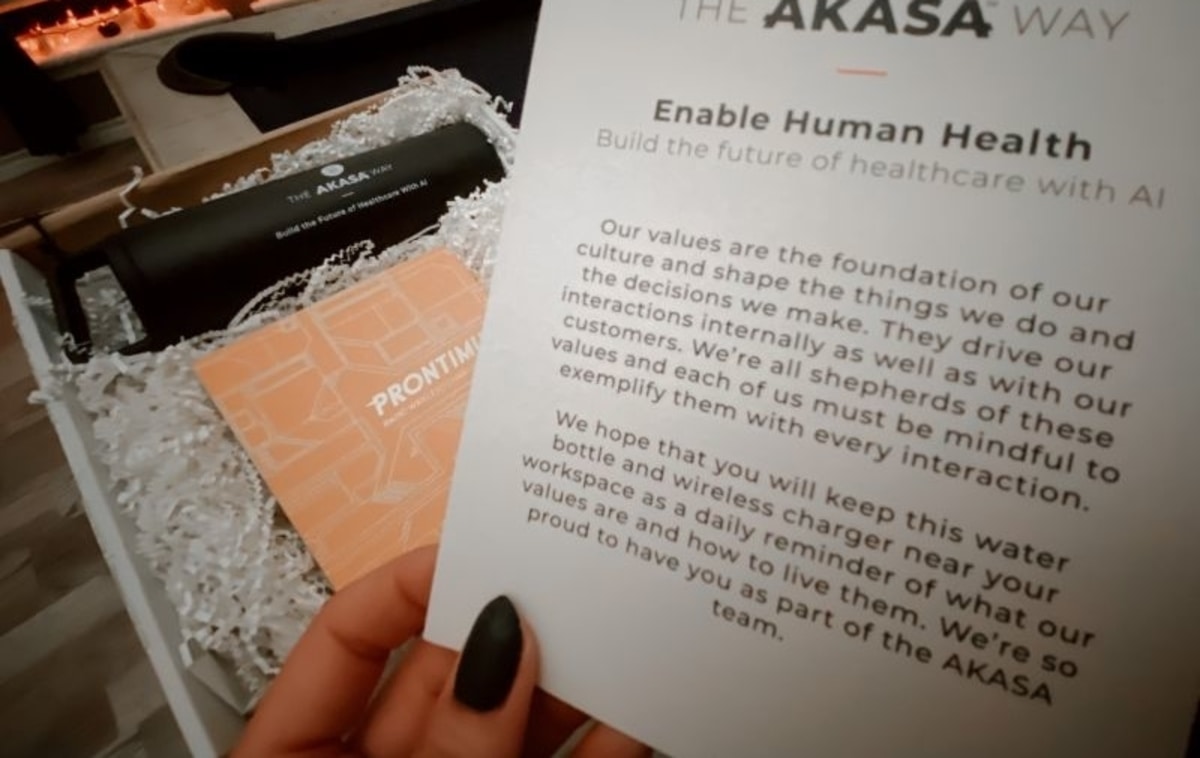
Key Takeaways for Healthpreneurs Diving into Automation
As Walaliyadde wrote in one of his articles, there are three tiers on the scale of knowledge and ignorance: the “known knowns,” or the problems you’re aware of and know how to solve; the “known unknowns,” or the problems you’re aware of but the solution may be unclear; and the “unknown unknowns,” or the problems you simply can’t anticipate.
Automation approaches and technologies have evolved over the past decade or so to handle these categories of knowledge differently. One basic technology, which is robotic process automation (RPA), can handle the known knowns quite well, while machine learning can help respond to and analyze the known unknowns more effectively. But people, with all their intuition for handling complexity, are best at identifying the unknown unknowns, the unexpected outliers.
AKASA is an antifragile system that leads instead to a virtuous cycle of converting the unknown to the known. From a design standpoint, building an expert-in-the-loop approach to automation that is capable of adapting to unknowns presents an enormous engineering challenge. It requires untangling four distinct problems, all of which will likely exist for any automation platform that integrates AI with human experts. Let’s see what Walaliyadde suggests to solve those problems!
#1. Keep AI Confidence in Check
Engineering the AI to accurately gauge its ability to recognize and handle difficult or unknown tasks is paramount. If the AI doesn’t have enough confidence to manage such tasks, it will bump too many of them to human experts, greatly reducing system efficiency. An overconfident AI, on the other hand, will attempt to tackle unknown outliers it can’t handle, breaking the system or incorrectly handling the task.
#2. Triage Outliers Efficiently
Healthcare is all about the outliers and edge cases that we don’t see coming. The AI must be designed to swiftly triage tasks outside its capability to human experts, without interrupting its regular workflow. Automation systems would break in these instances. But AI-based automation systems with the built-in ability to triage outliers to human experts are more flexible. That flexibility is the key to building an autonomous solution that can handle the unknowns.
#3. Oversee AI Process
Through an intuitive head-up display, human experts in the loop must have direct and ready oversight of the entire AI process, allowing them to observe, assess, and either approve or reject the AI’s proposed actions on a very granular level. All in a time frame of minutes or less. Without such oversight capability, resolution of unknown outliers could take hours or days.
#4. Enable On-going Learning
The AI must be designed to continuously observe, learn, and adapt, shadowing human experts in a kind of running apprenticeship. This learning and adaptation must continue indefinitely as the AI becomes more and more capable of handling complex tasks, persistently transforming the outlier into the ordinary, the unknown into the known. Today’s outliers become tomorrow’s built-in solutions.
The Bottom Lines
By gaining experience, testing things out, and bringing the right people in from the start, Malinka Waliyadde has built great balance and operation efficiency within his healthcare tech company. As automation moving forward is going to get only more complex, today’s healthpreneurs need to be wise in every decision and actively learn from the successes of others.

